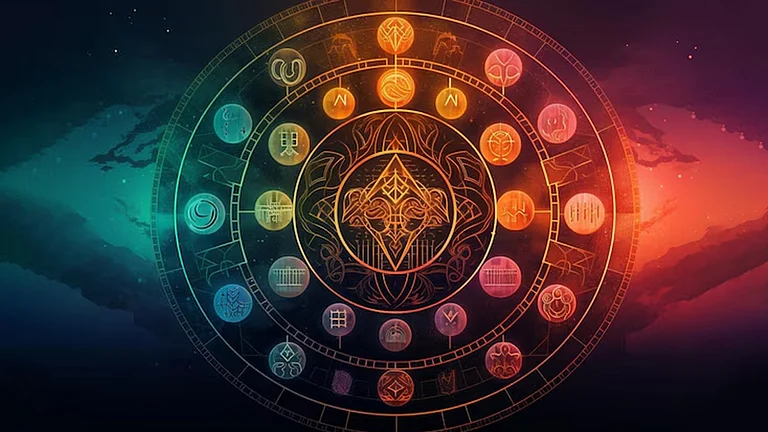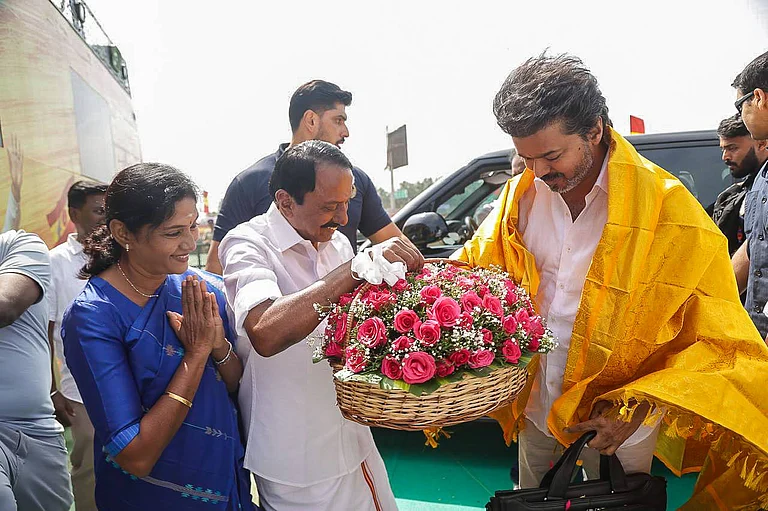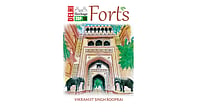Aruna Nambiar's latest novel 'The Weird Women's Club', published by Speaking Tiger, revolves around the lives of three women with distinct issues but similar struggles who are the main protagonists and form the core of this story. One is a sudden widow, the other an equally sudden divorcee while the third is a teacher who cannot conceive because of her geriatric ova.
Nambiar starts her novel almost as if it were a series of short stories, each chapter complete in itself. Hema’s husband doesn’t return from his morning jog and the story of her life spins backward to how it began. Successful cardiologist Avanti’s husband drops hints and finally drops a divorce in her lap. Jeroo begins a cycle of IVF treatments. All three are obsessed with different aspects of life in their own different ways but they are linked through a school where Hema and Avanti have children studying and where Jeroo is the games teacher. Nambiar tells the backstory of each through tiny everyday details none of them extraordinary but that all add up to form an identifiable picture of what women in certain situations go through. It becomes a case of the haves and have-nots – those who have husbands and happy marriages, those who have children or are pregnant versus those who feel deprived and go through internal turmoil expressed externally in different ways.
All three become a talking point among the school community, Hema for her endless grief, Avanti for the aggression that causes her to lash out at everyone, including her patients, and Jeroo for her oddities. None of them can let go – Avanti in fact wants to infect her ex with rabies if she can find a way to do it while Hema toys with suicide and sleeping pills and Jeroo slaps her students. Set against the norms of society which forbids the display of emotion, the three of them are definitely certifiable.
Nambiar sketches the women with their different idiosyncrasies so that they are three-dimensional and definitely relatable to. Each is different in her own way and the three of them, as described by the author, are not the sort to hang out with each other. However, surprising as it may seem and after more than half the book is over the women are thrown together by the Principal of the school who is tired of their bickering and determined that they call a truce. However for the three to justify the title, it is necessary that they do bond which is what happens, reluctantly at first and then to hang out with matcha ice cream and Caesar salad, three different types of dishes for the trio to the final surrender on Avanti’s part as she dumps her healthy diet for burgers and French fries.
Along the way, they discuss children’s issues and the oddities of men – Hema and Avanti are both thawing on the subject. Jeroo has taken to adopting cats since babies seem elusive. Time is proving to be a healer of sorts despite the cliché factor involved. The Weird Women’s Club is a book about gradually coming back to life after having lost everything and surviving a lot of things that life can throw. If it were a traditional kind of book, it would have had an unqualifiedly happy ending but Nambiar’s prose proves that she is not a traditional kind of woman’s author writing a feel-good book.
Harsh’s peculiar psychological issue is something that one might quibble with since it adds nothing to the bulk of the story which is all about women coming to terms with themselves in a thoroughly normal environment with its usual complement of bitching, gossiping, and the awkwardness of dealing with ex-husbands and new flames in that scenario. Nambiar takes the reader through the ups and downs with the ease of a roller coaster ride.
(Anjana Basu is a writer from Kolkata and has penned five novels, a book of short fiction stories, and two poetry anthologies. She is a recipient of the prestigious Hawthornden Fellowship, Scotland. Views expressed are personal)


























